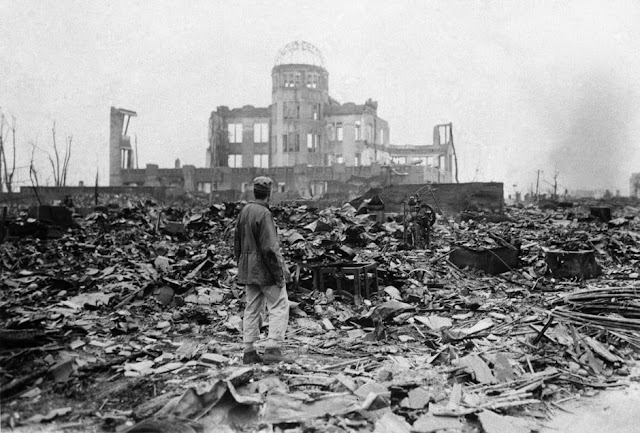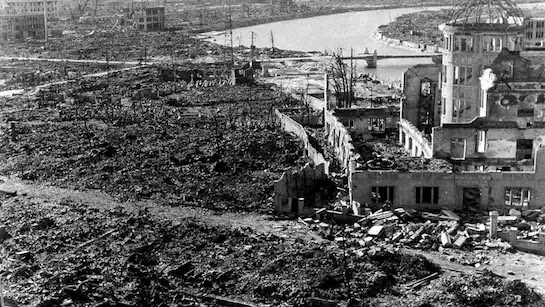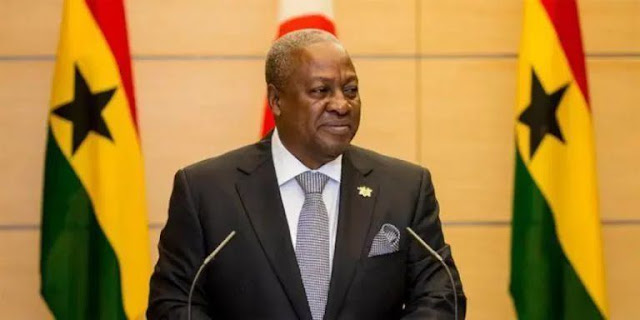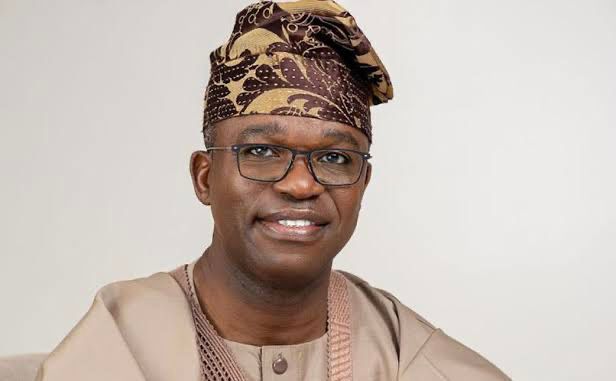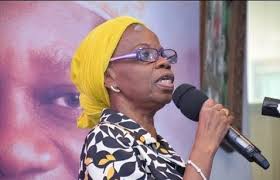As the world commemorates the 80th anniversary of the first atomic bombing in history — the U.S. attack on Hiroshima, Japan, experts and survivors warn that the threat of nuclear conflict is more real today than it has been in decades.
On Wednesday morning, August 6, global leaders, diplomats, and the few remaining survivors gathered at the Hiroshima Peace Memorial Park to remember the events of August 6, 1945.
On that day, a U.S. B-29 bomber dropped an atomic bomb nicknamed “Little Boy” on Hiroshima. Three days later, a second bomb devastated the city of Nagasaki.
More than 110,000 people were killed instantly in both bombings, and hundreds of thousands more died in the years that followed due to injuries and radiation-related illnesses.
To date, these remain the only uses of nuclear weapons in warfare. But in 2025, the global threat of nuclear conflict is intensifying.
“The divisions within the international community over nuclear disarmament are deepening, and the current security environment is growing increasingly severe,” said Japanese Prime Minister Shigeru Ishiba at the ceremony.
In a statement ahead of the commemoration, Nihon Hidankyo, a Nobel Peace Prize-winning organization of atomic bomb survivors — expressed grave concern over rising nuclear tensions.
“We don’t have much time left. We face a greater nuclear threat than ever,” the group said.“Our biggest challenge now is to shift the mindset of nuclear-armed states that continue to ignore us.”
In just the past week, tensions between Russia and the United States have escalated with renewed nuclear rhetoric over the ongoing war in Ukraine. Meanwhile, the U.S. has carried out precision strikes on Iranian nuclear facilities in a bid to curb Tehran’s nuclear ambitions.
Earlier this year, India and Pakistan clashed once again over the disputed Kashmir region, prompting fears of a rapid escalation between two nuclear-armed nations.
“We are witnessing a clear trend of growing nuclear arsenals, sharpened nuclear rhetoric, and the breakdown of arms control agreements,” said Hans Kristensen, a senior fellow at the Stockholm International Peace Research Institute (SIPRI).
These developments were part of the rationale behind the Bulletin of the Atomic Scientists moving its symbolic “Doomsday Clock” to 89 seconds to midnight — the closest it’s ever been to a global catastrophe. The clock moved just one second forward from 2024, but the group warned against complacency.
“A move of even a single second signals extreme danger,” the group said in a statement.“Every moment of delay increases the risk of irreversible global disaster.”
The Doomsday Clock takes into account not only nuclear threats, but also climate change, pandemics, bioweapons, and emerging technologies like artificial intelligence.
The bomb dropped on Hiroshima had a yield of 15 kilotons. In comparison, the largest nuclear warhead in the U.S. arsenal today carries a yield of 1.2 megatons — roughly 80 times more powerful.
Experts warn that a single modern nuclear detonation over a major city could kill millions instantly.
According to SIPRI, there are currently more than 12,000 nuclear weapons globally, owned by just nine countries: the United States, Russia, China, France, the United Kingdom, India, Pakistan, North Korea, and Israel.
Nearly all of these nations have modernization programs underway — upgrading aging warheads, delivery systems, and command structures.
The U.S. and Russia together hold around 90% of the world’s nuclear arsenal. However, smaller nuclear states are also expanding:
China is rapidly increasing its stockpile, adding around 100 warheads annually, with no sign of slowing down.
India is also believed to be growing its arsenal. The United Kingdom has plans to increase its warhead numbers in the near future.
North Korea remains defiant, with Kim Yo Jong — sister of leader Kim Jong Un recently rejecting any possibility of denuclearization talks.
“Any attempt to deny the DPRK’s status as a nuclear weapons state will be thoroughly rejected,” she said last month, using the country’s official name: Democratic People’s Republic of Korea.
As Hiroshima remembers the horror of August 6, 1945, the world is once again reminded of the catastrophic consequences of nuclear war — and the urgent need to reverse course
With global arsenals expanding, arms control agreements fading, and world powers locked in conflict, the voices of survivors and peace advocates are more important than ever.
“The memory of Hiroshima must not fade,” said one survivor at the ceremony. “It’s not just history — it’s a warning.”


